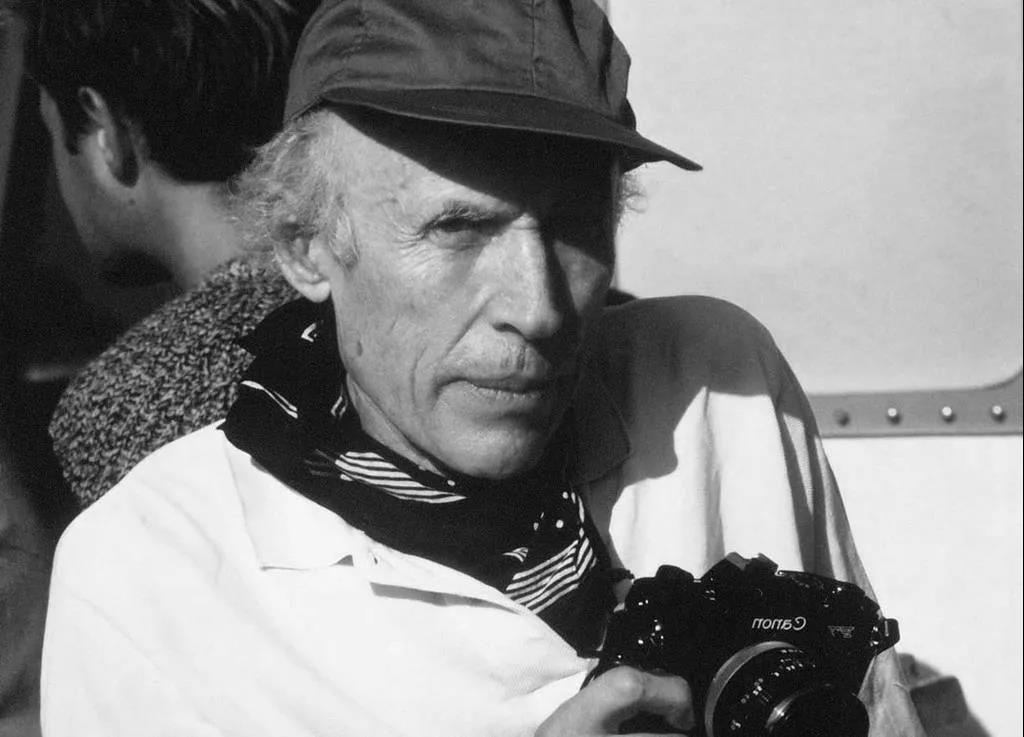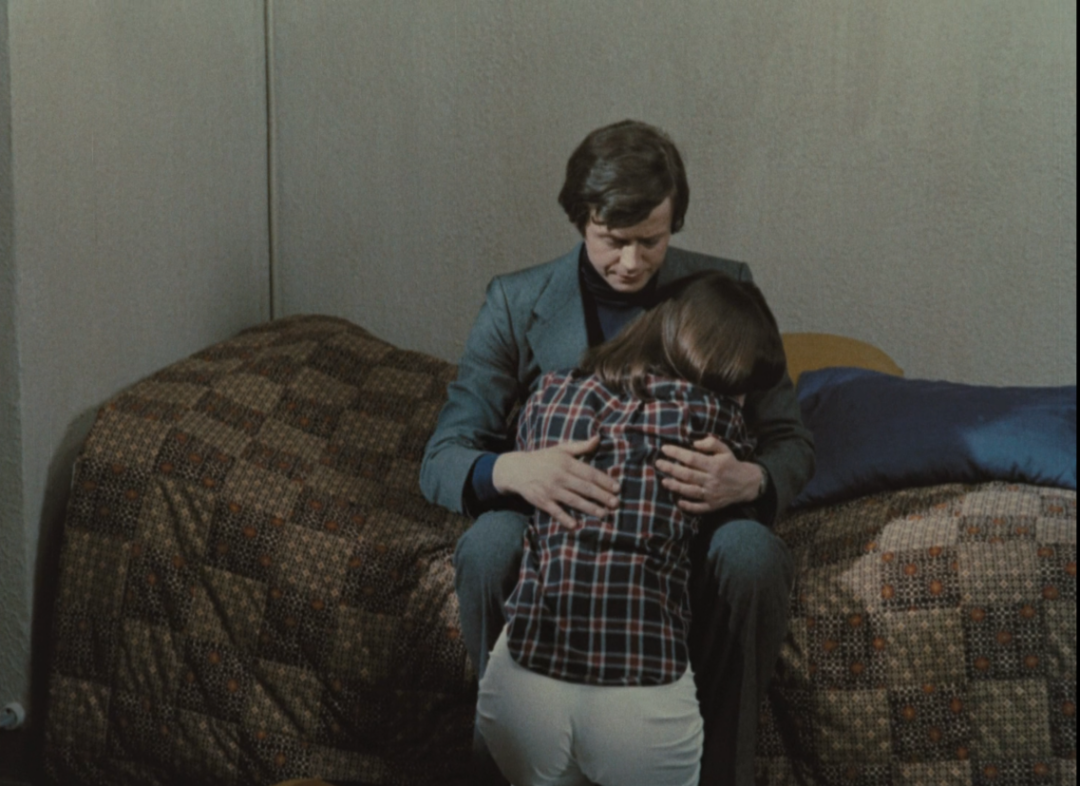The 10th BJIFF
Mind of Men and Women Fully Disclosed by Him
The auteur theory of the French New Wave is the most far-reaching film theory since the 1960s. Being one of the creators of the auteur theory, ?ric Rohmer is an iconic writer and director of the film history. This year marks the centenary of ?ric Rohmer’s birth, and a selection of his 6 classic works will be screened at the 10th Beijing International Film Festival (BJIFF). Therefore, we can review how the master told the most common emotional and moral dilemmas facing humanity in the most concise manner.

Rohmer's contribution to the film history can be traced back to his role as the editor in chief of Cahiers du Cinéma. In the late 1950s, he succeeded André Bazin and held the said position. Years older than Jean-Luc Godard and Fran?ois Truffaut, key critics and essayists for Cahiers du Cinéma, ?ric Rohmer and André Bazin were conservative concerning politics and real-life issues, regardless of their innovation in and exploration of filmmaking.
During that period, Jean-Luc Godard and Fran?ois Truffaut among other critics and essayists for Cahiers du Cinéma began to practice their theories and got involved into filmmaking, giving rise to French New Wave. In 1959, Rohmer finished his debut film Le Signe du lion, a box-office failure. Previously, he had made several attempts to shoot short films, the first of which was finished in 1950 by a borrowed 16mm movie camera. Besides, Jean-Luc Godard once played a role in his short film.
In 1962, Rohmer and his friend set up an independent production company, which presided over the production of most of his films, thus ensuring creative freedom. During this period, Rohmer's critical and political conservatism led to growing discontent among the directors of the French New Wave, especially critics for Cahiers du Cinéma, though he was one of the promoters and participants or even a teacher and a friend of other advocates of the movement. Eventually, Rohmer was removed from the position in June 1963 by sponsors of Cahiers du Cinéma.

After leaving the Cahiers du Cinéma, Rohmer devoted himself into filmmaking, thus producing masterpieces in the film history. Integrating perfectly his conservatism into the films, Rohmer has delivered men and women tiptoeing around rationality and lust.
Out of the six works of Rohmer for the Beijing Film Panorama, four are from his Six Moral Tales franchise, namely La Collectionneuse, My Night at Maud’s, Claire’s Knee and Love in the Afternoon.
For Six Moral Tales franchise, Rohmer said, “I want to show people’s subconsciousness deep inside people's mind by means of the six movies outside the mainstream. That is why the heroes narrate in the first person and analyze their own behaviors.”

Rohmer's conservatism is also reflected in the choices made by the protagonists who are trapped in moral dilemmas after self-reflection and struggle. For example, the hero of Love in the Afternoon is enchanted by another woman, but he sticks to his bottom line and returns to his wife; the hero of My Night at Maud’s manages to resist temptation and chooses whom he loves at first. Strictly rational, protagonists in these films often dissect love and morality using philosophical, religious, or life knowledge.
Given the Jury Prize at the Berlin International Film Festival, La Collectionneuse is the first of Six Moral Tales. With the investment of Fran?ois Truffaut, My Night at Maud’s, the second work of the said series, obtains success from the critics and box office revenue after its release. It is worth mentioning that Truffaut has been one of those editors of Cahiers du Cinéma resenting Rohmer's conservative behaviors.
Following Six Moral Tales, Rohmer put his efforts into the production of Comedies and Proverb franchise, which brought his career as a director to a new high. The Green Ray to be screened at the Beijing Film Panorama of the 10th BJIFF is the best-known work from the said franchise, and became a hit after its release, which ended up landing the Golden Lion at the Venice International Film Festival.

Although relating to love, The Green Ray delivers the psychological journey of the hero under relatively free circumstances, which represents the difference between the Comedies and Proverb franchise and the Six Moral Tales franchise.
Reviewing Rohmer’s production during his life, the emotional life of urban men and women has been a constant theme throughout. Neither did he allow his characters to be driven by desire as Truffaut did, nor did he regard movies as politics as Godard did. Having always been a classical thinker, he takes the emotion of characters in cities as the main line, while analyzing the thinking and consequences behind personal behaviors.
Today, seeing Rohmer's films is still very enlightening. Transcending the barriers of time, these works boast the most universal emotional value. Rohmer's reflection on emotion and life is an inescapable issue facing people of all ages.
